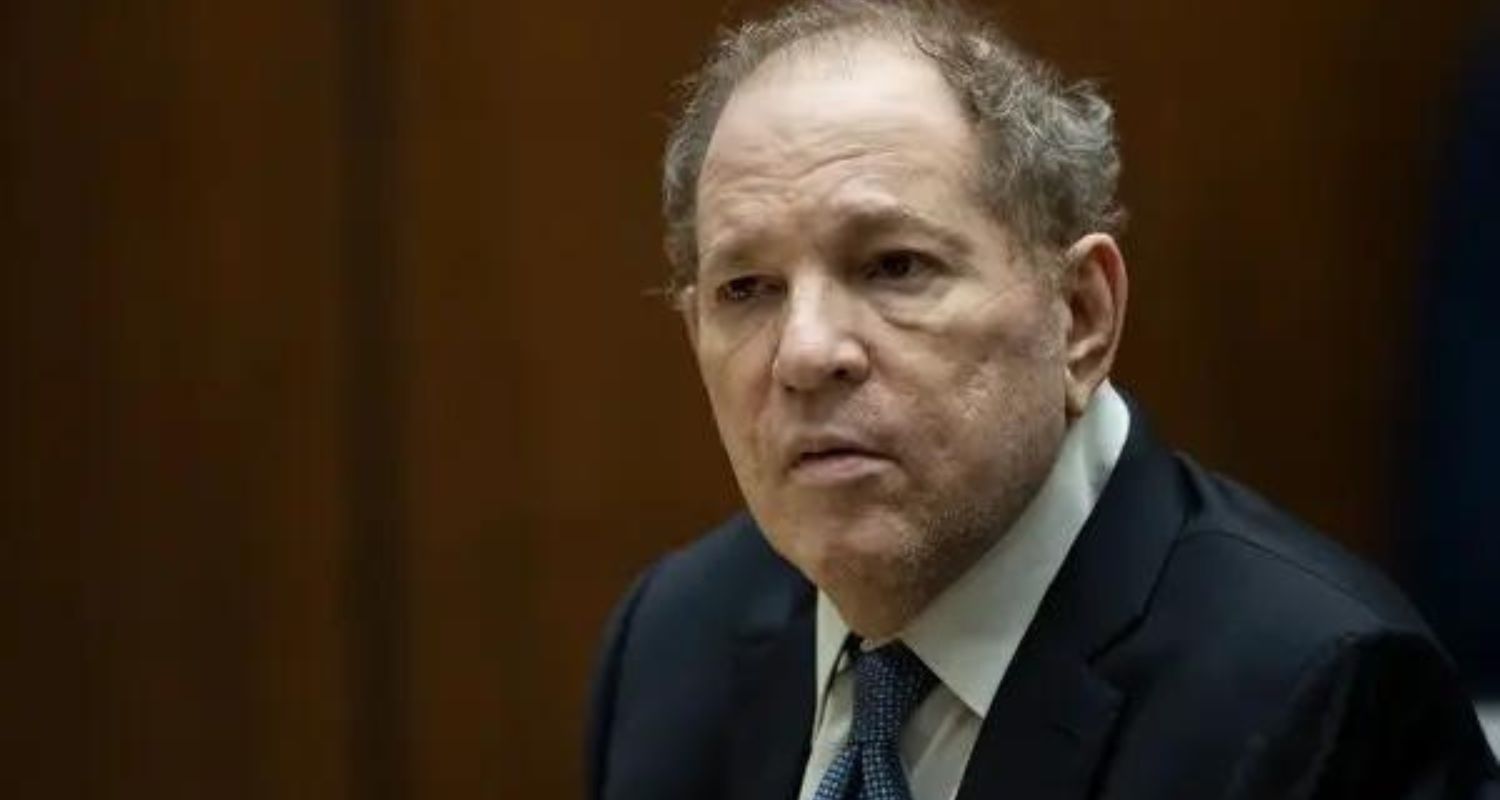In a landmark decision, New York’s highest court overturned Harvey Weinstein’s 2020 conviction on felony sex crime charges. The ruling, delivered in a 4-to-3 decision, sparked mixed reactions and raised significant legal questions regarding the handling of sexual assault cases.
The court’s decision hinged on critical errors made during the trial, particularly concerning the admission of testimony from what are known as Molineux witnesses.
These witnesses testified about alleged criminal acts by Weinstein that had not resulted in formal charges. The majority opinion concluded that allowing such testimony unfairly tarnished Weinstein’s character in the eyes of the jury, thereby compromising the trial’s fairness.
One of the most contentious issues was the prosecution’s use of uncharged allegations and threatening to introduce numerous other accusations against Weinstein if he chose to testify. This tactic, deemed as coercive, undermined Weinstein’s right to testify in his defense, ultimately impacting the trial’s integrity.
However, not all judges agreed with the majority decision. Three dissenting judges criticized the ruling, arguing that it sets a troubling precedent and undermines efforts to hold perpetrators of sexual violence accountable. They contended that the Molineux witnesses established a pattern of behavior indicative of Weinstein’s predatory nature.
Despite the setback, victims and activists remain resolute in their pursuit of justice. Many survivors, including those who testified against Weinstein, expressed disappointment but affirmed their commitment to continue fighting. They called on the Manhattan district attorney to retry the case, signaling their determination to hold Weinstein accountable.
While Weinstein’s New York conviction has been overturned, he still faces legal battles elsewhere. His conviction in California remains intact, and his legal team intends to appeal it. They believe that the recent ruling will bolster their case, particularly concerning the admissibility of evidence and witness testimony.
Overall, the decision to overturn Weinstein’s conviction has reignited debates surrounding sexual assault trials and the use of uncharged allegations as evidence. It underscores the complexities and challenges inherent in prosecuting such cases, highlighting the need for continued advocacy and legal reform in addressing sexual violence.

